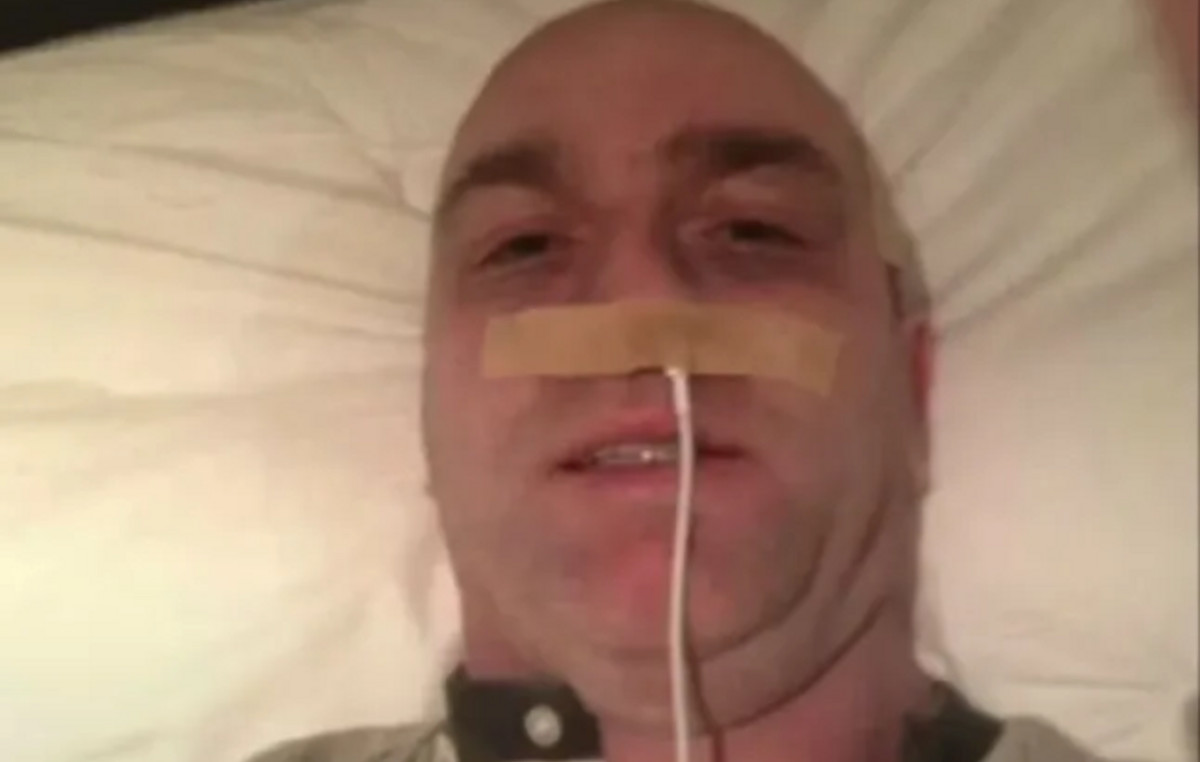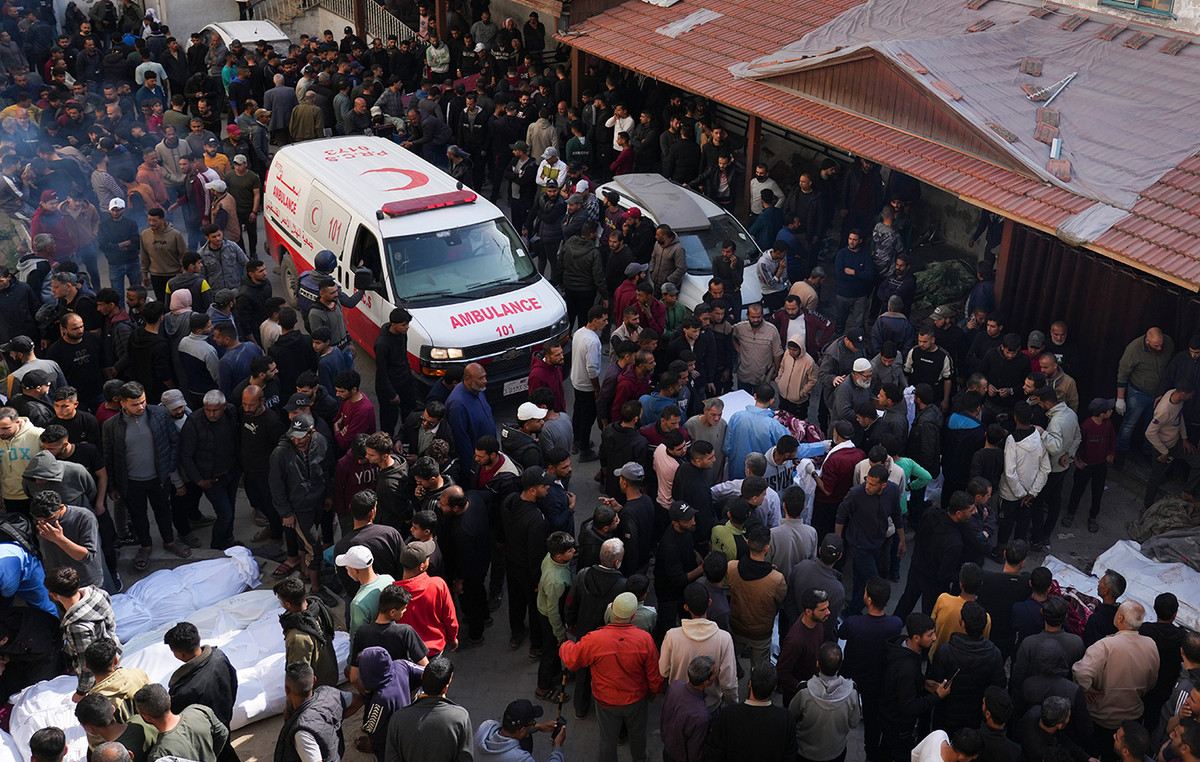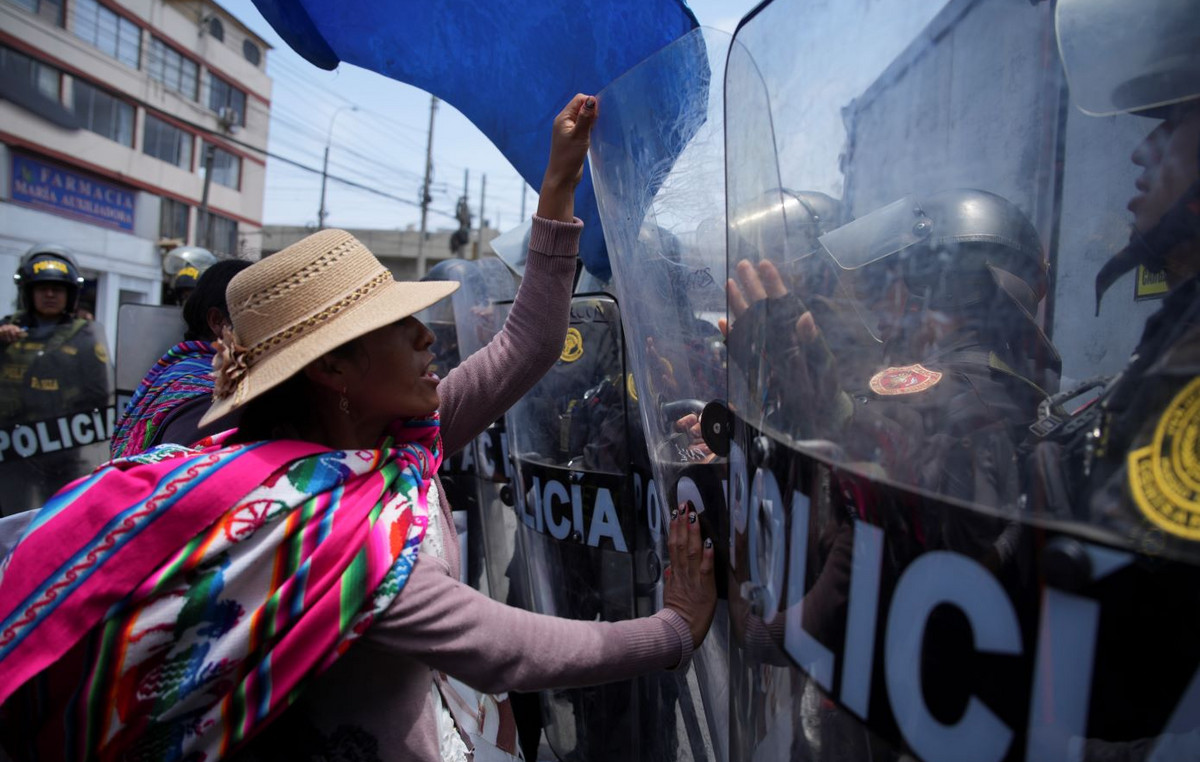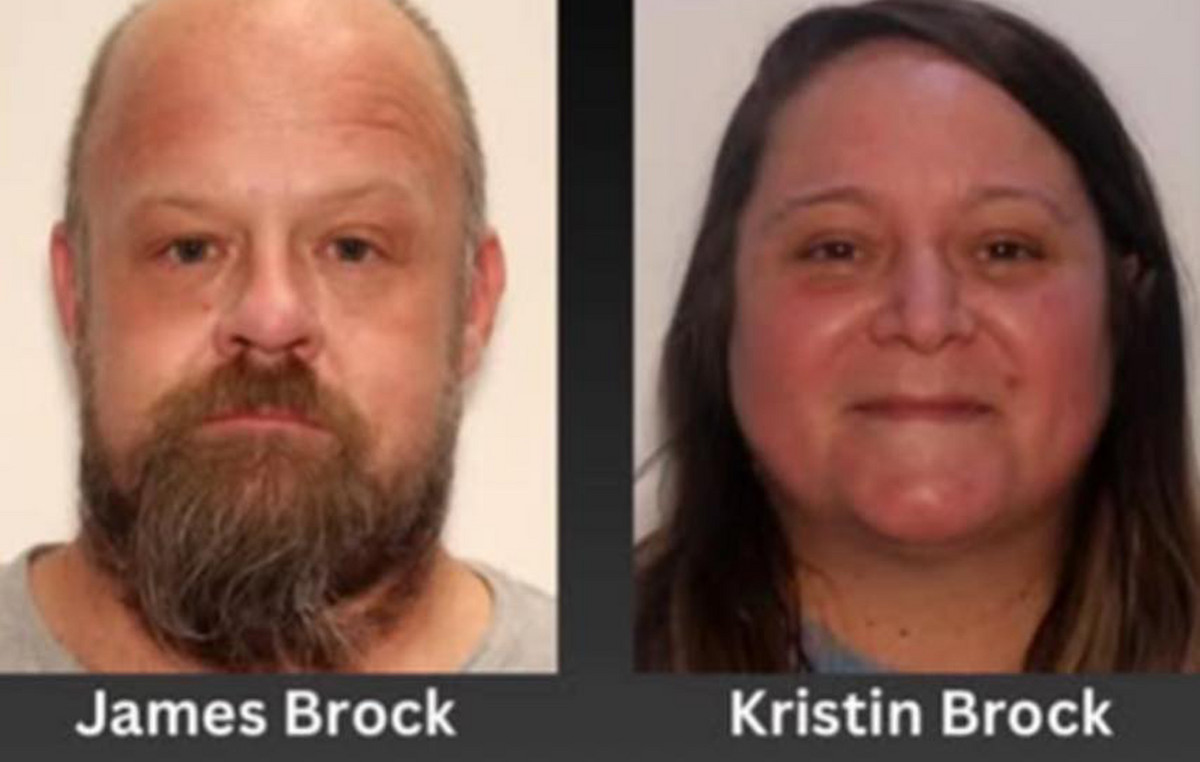Concerns are growing in recent days that Russia may be ready to use chemical weapons in the war in Ukraine, with Western officials and generals warning that the threat posed by Moscow and Russian President Vladimir Putin is serious, according to CNBC.
Last week, Russia itself accused Ukraine of possessing US-backed chemical and biological weapons laboratories. The allegations were categorically refuted by Ukrainian and Western officials, with the United States calling the allegations “outright lies.” However, these allegations have caused alarm, with many Western officials seeing it as an attempt by Russia to fabricate a false narrative and create a pretext for the use of its own chemical weapons against Ukraine, a scenario described as “horrible”. from the USA.
“Russia has a history of blaming the West for crimes it commits. This tactic is an obvious ploy by Russia to try to justify further premeditated and unjustified attacks on Ukraine,” said a State Department spokesman.
“The United States has no chemical or biological laboratories in Ukraine. Russia has active chemical and biological weapons programs and is violating the Chemical Weapons Convention and the Biological Weapons Convention,” he added.
US President Joe Biden warned on Friday that there would be “heavy costs” if Russia used chemical weapons in Ukraine, and NATO Secretary-General Jens Stoltenberg said on Sunday that such a move would be a war crime.
“Now that these false allegations have been made, we must remain vigilant, because it is possible that Russia itself is planning chemical weapons operations in the context of this false rhetoric,” Stoltenberg told the German newspaper Welt am Sonntag.
“Change game”
Although the West has strongly condemned the Russian invasion of Ukraine, with the United Kingdom describing Putin’s regime as “barbaric”, how far the US and its NATO allies are willing to go to support Ukraine and stop Russia is an important question. NATO has repeatedly ruled out any military support, such as a no-fly zone requested by Ukraine, which could lead to a direct confrontation with Russia.
But Polish President Andrzej Duda said in an interview Sunday that Russia’s use of chemical weapons in Ukraine could change the West’s attitude towards the conflict.
“Of course, everyone hopes that he will not dare to do that, but if he uses weapons of mass destruction then that will change the whole game,” he told the BBC, adding that NATO would have to “think seriously about what to do because then the situation will start to become dangerous not only for Europe, but for the whole world. ”
As almost everyone has condemned the Russian invasion of Ukraine, Putin is seen as an increasingly unpredictable leader. With Russia facing far more resistance than expected in Ukraine, there are fears that Putin could order the use of unconventional – and illegal – weapons.
Duda said Putin had already lost the war politically and was losing it militarily, which made him dangerous. “If you ask me if Putin can use chemical weapons, I think he can use anything right now, especially since he is in this difficult situation,” he said.
While fears are growing that Russia could resort to the use of chemical weapons in Ukraine, it is important to remember that there is nothing to suggest that their use is imminent.
On Friday, Reuters reported that unnamed Western officials had suggested that Russia could use chemical weapons in Ukraine in a “fake flag” attack to retaliate, but there was no excuse for the invasion. nothing to suggest a wider use of such weapons in war.
“It is clear that while the Russians are very likely to possess chemical weapons, there is nothing to suggest that they intend to use them at this point in a significant escalation of the current conflict,” officials said in a statement.
However, Russia has been accused in the past of using chemical weapons, both against individuals considered to be critics of Putin and more broadly in the Syrian civil war.
The prehistory of Russia
A chemical weapon is defined by the Organization for the Prohibition of Chemical Weapons (OPCW) as a chemical used to cause intentional death or damage through its toxic properties.
OPCW’s mission is to implement the provisions of the Chemical Weapons Convention, an arms control treaty signed by 193 countries (including Russia) in 1997 that prohibits the production and use of chemical weapons. The signatories also pledged to destroy chemical weapons production facilities and stockpiles of such weapons.
Putin said in late 2017 that Russia had completed the destruction of its latest chemical weapons (and rebuked the United States for not doing so), but the poisoning of former Russian spy (and double agent) Sergei Skripal and his daughter Julia in the United Kingdom in 2018 with the chemical Novichok (developed by the Soviet Union) and the poisoning of Putin critic and opposition leader Alexei Navalny in 2020 suggest that Russia has maintained an illegal chemical weapons program.
Russia has denied involvement in the two incidents, despite overwhelming evidence to the contrary.
There have been other cases of chemical weapons attacks in which Russia was highly suspected of involvement or at least complicity in their use.
Incidents include the poisoning of then-pro-Western Ukrainian President Viktor Yushchenko with dioxin in 2004 and the deadly poisoning of Alexander Litvinenko, a former KGB officer and critic of Putin, who died in London after 210 years. hazardous chemical element. A 2016 poll found that Putin may have approved of the assassination. The Kremlin has denied any involvement in any of these incidents.
Later, when Russian troops fought alongside Bashar al-Assad’s government forces in the Syrian civil war, in which the chemical sarin was used against civilians, killing more than 1,400 people, Russia was accused of helping Syria cover up the crime. . Russia and Syria have denied any use of chemical weapons, but OPCW inspectors found undeclared toxins and ammunition during field visits, and in 2020, the OPCW condemned Syria’s use of banned Sarin bombs.
As for Ukraine now, it cannot be said with certainty whether Putin could or would use any kind of chemical weapons. But with Russia’s prehistory, observers of the Putin regime suspect it may have little hesitation in re-establishing the same tactics and argue that the threat is well-founded.
“Are they able to use low-level chemical weapons in some form in Ukraine? Yes, they did in Syria. Yes, in a sense, it was done through the regime, but I think they could do it again,” Ian Lesser told CNBC. , Vice President of the think tank German Marshall Fund of the United States.
Meanwhile, Wojciech Lorenz, an International Security Program analyst at the Polish Institute of International Affairs, told CNBC that “you can never know what Russia will do, but when it comes to the threat of chemical weapons, you have to take it seriously. “.
“Russia has already used chemical weapons on NATO soil. They have used chemical weapons in Britain, they have used chemical weapons to poison Navalny, and this clearly shows that they have chemical weapons that they should not have because they signed the treaty. “for chemical weapons,” he said.
Andrew Weber, a former Obama administration Secretary of Defense who is now a member of the nonprofit Strategic Risk Council, said that in addition to the chemical weapons linked to Russia in the past, some could be used. kind of biological weapon instead of chemical.
“I think we need to take this very seriously, especially given the escalation of Russia’s disinformation campaign,” he said. In addition to the possible use of chemical weapons, he said Russia could develop biological weapons in Ukraine, which the UN defines as disease-causing organisms or toxins that are spread with the intention of harming or killing people, animals or plants.
“Biological weapons would be different. They could use something like coal, for example, which is not contagious and would not spread back to Russia. But Russia’s illegal biological weapons program includes things like plague, tularemia. [μια σπάνια μολυσματική ασθένεια] and even smallpox, “he said.
Both chemical and biological weapons are used to terrorize the enemy and inflict massive losses, he said. But he expects a massive response from the West in the event that Russia resorts to their use, saying that “there will certainly be a very strong, united international response to any use of chemical or biological weapons.”
Desperate measures
The danger in the war in Ukraine, analysts note, is that Putin can order the use of chemical weapons if he feels that the armed forces are not making progress in Ukraine, especially as the Ukrainian forces show strong resistance and seem determined to fight until death.
“I believe that if the Russian forces continue to make little progress, Putin will approve the use of chemical weapons. “Retired U.S. Army Colonel Jack Jacobs told CNBC.
He also noted that the bombing of hospitals and other political targets by Russia shows its increasingly harsh approach to the war in Ukraine. “He (Putin) is capable of doing everything, as he focuses on one thing, which is the occupation of Ukraine,” he said.
Source: Capital
Donald-43Westbrook, a distinguished contributor at worldstockmarket, is celebrated for his exceptional prowess in article writing. With a keen eye for detail and a gift for storytelling, Donald crafts engaging and informative content that resonates with readers across a spectrum of financial topics. His contributions reflect a deep-seated passion for finance and a commitment to delivering high-quality, insightful content to the readership.






